SLIIT proudly served as the Title Sponsor of the Inter School Announcing Competition 2025, orga...


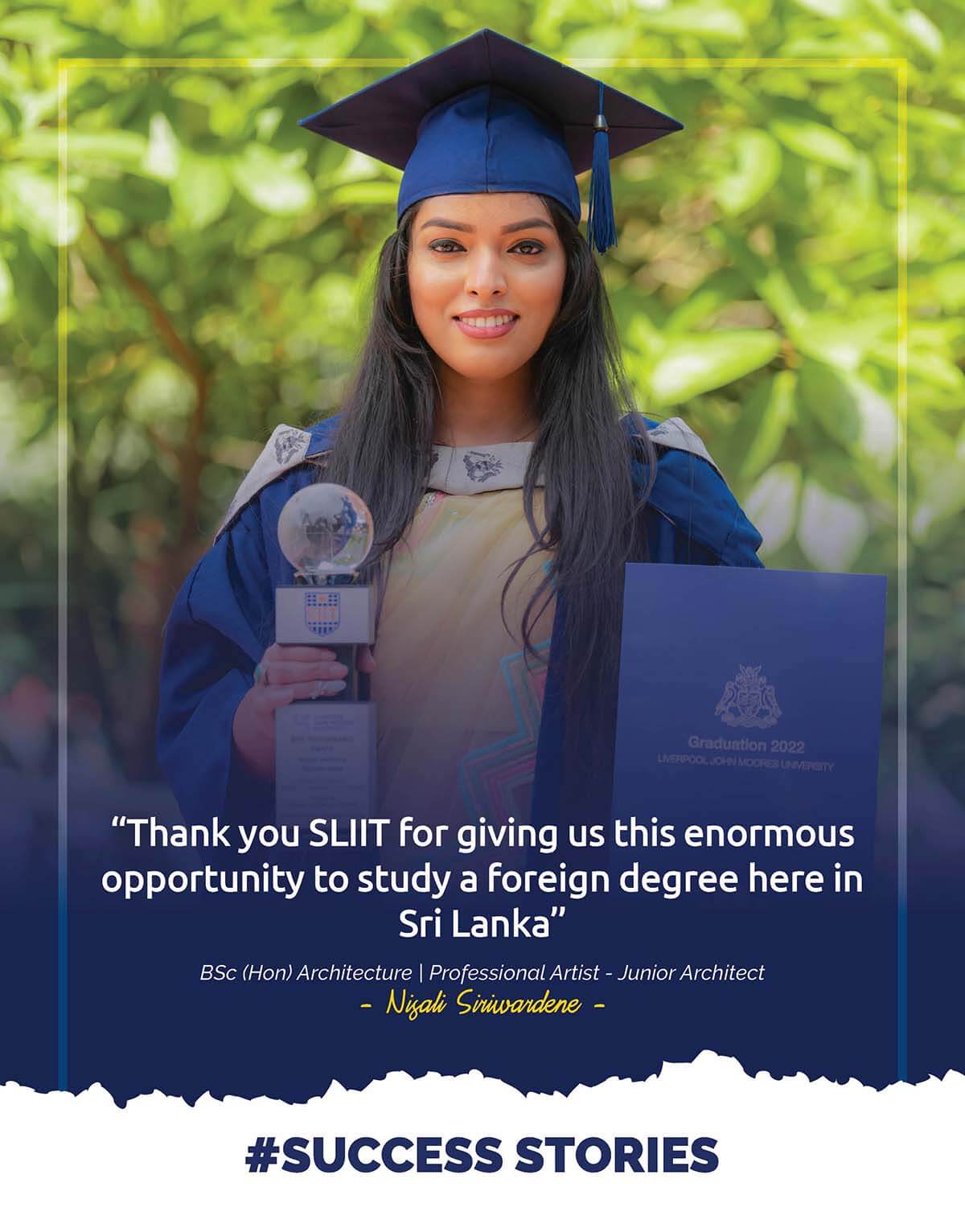
 மேலும் வாசிக்க +
ஜூலை 2, 2025
மேலும் வாசிக்க +
ஜூலை 2, 2025  மேலும் வாசிக்க +
ஜூலை 1, 2025
மேலும் வாசிக்க +
ஜூலை 1, 2025 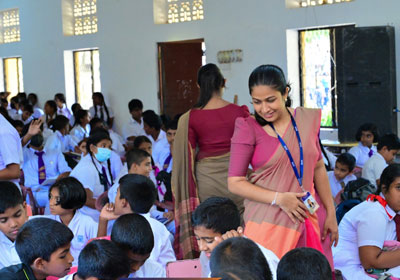 மேலும் வாசிக்க +
ஜூன் 27, 2025
மேலும் வாசிக்க +
ஜூன் 27, 2025  மேலும் வாசிக்க +
மேலும் வாசிக்க +
 மேலும் வாசிக்க +
ஜூன் 26, 2025
மேலும் வாசிக்க +
ஜூன் 26, 2025  மேலும் வாசிக்க +
ஜூன் 24, 2025
மேலும் வாசிக்க +
ஜூன் 24, 2025 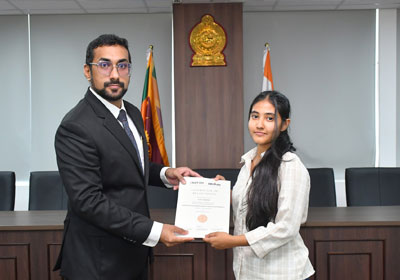 மேலும் வாசிக்க +
ஜூன் 21, 2025
மேலும் வாசிக்க +
ஜூன் 21, 2025 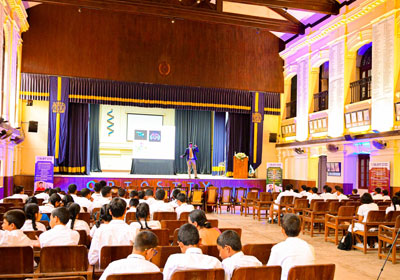 மேலும் வாசிக்க +
மேலும் வாசிக்க +
 மேலும் வாசிக்க +
ஜூன் 13, 2025
மேலும் வாசிக்க +
ஜூன் 13, 2025 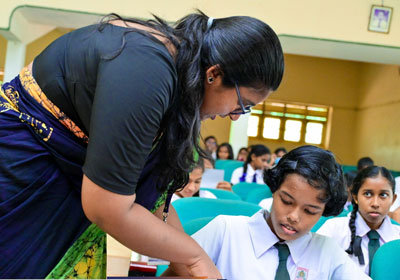 மேலும் வாசிக்க +
ஜூன் 11, 2025
மேலும் வாசிக்க +
ஜூன் 11, 2025 சந்தைப்படுத்தல் மற்றும் நிறுவன உற்பத்தித்திறன் | மூன்றாம்நிலை கல்வி SME துறையில் உற்பத்தித்திறன் | வணிக நிதி மற்றும் IS பயன்பாடுகள், வணிக நுண்ணறிவு | கணக்கீட்டு மொழியியல், பெரிய தரவு மேலாண்மை | செயற்கை நுண்ணறிவு | கிளவுட் கம்ப்யூட்டிங் | தரவு தொடர்பாடல் | தரவு அறிவியல் | இ-சமூகம் | உடல்நலம் தகவல் | உயர் செயல்திறன் கணினி | பட செயலாக்கம் | தகவல் பாதுகாப்பு | ரோபாட்டிக்ஸ் மற்றும் நுண்ணறிவு அமைப்புகள் | மென்பொருள் பொறியியல் | கணினி விஷன் / தொழில்துறை ஆட்டோமேஷன் | நிலையான சுத்திகரிக்கப்பட்ட சுற்றுச்சூழல் | தொழிற்துறை பொறியியல் மற்றும் செயல்பாடுகள் மேலாண்மை
